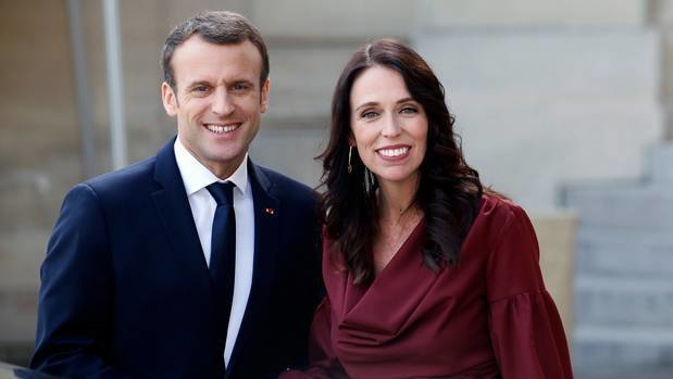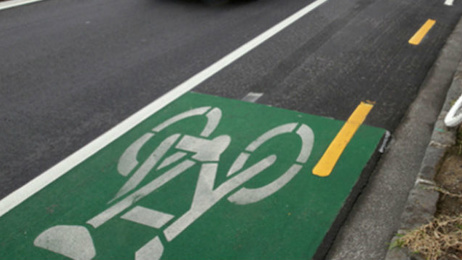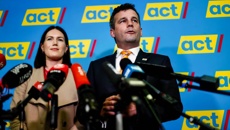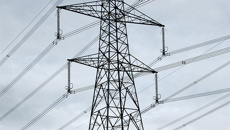
So the Christchurch Call is about to be heard in Paris.
Prime Minister Jacinda Ardern has arrived and spoken to host Emmanuel Macron and the media in the shadow of the Eiffel Tower and while we sleep tonight they’ll get to work.
The summit will look to ask tech companies to be more responsible for the content they host and features a smattering of world leaders and a few industry big wigs. It’s being held in conjunction with a G7 summit of Ministers in charge of digital matters, so they’re in the neighbourhood to hear the message. And let’s be honest, it is just a message. That’s why it’s called a call.
The internet has always been the biggest game of whack a mole ever invented. When someone posts objectionable content in a jurisdiction with laws that can shut it down, the content is rapidly mirrored and reposted in another jurisdiction where there are no applicable laws.
The Christchurch terror video was a horror for those who suddenly had it pop up on their feeds. But the real numbers of views and horrified people came when the video was copied and shared on many different platforms on the internet. While Facebook and other tech companies have done a purge of the copies of the video, it would only take a few moments for someone who knows what they’re doing to find the thing somewhere in the dark putrid corners of the web.
Now various jurisdictions have laws to stop this happening. The EU recently strengthened its laws, which is why Facebook now chooses to be governed under Californian laws instead of Ireland's. Australia promptly tightened its laws after the attack, so if Facebook hosted the same video now it would be hit with a $10 million fine there. The UK is looking to hold the executives of the tech companies liable if something bad is posted there. In Germany, they have a law where the tech companies have one hour to pull unlawful posts or get fined $85 million.
New Zealand’s laws are quite lenient with the issue covered under the Harmful Digital Communications Act from 2015. It doesn’t cover terrorism and it also gives the offenders 96 hours to redress their posting after a complaint. We’ve been lenient because we’re worried about freedom of speech.
Meanwhile in the US, it’s pretty much open slather. There’s no duty of care. Internet platforms escape liability for what they host.
So the world is all over the shop on the issue, global legislation is near impossible and the tech companies have shown little desire to self regulate.
This has led to a lot of moaners saying this summit will achieve nothing at all and is a waste of time, especially as the US President and Mark Zuckerberg won’t be there. I suppose they would prefer we just do and say nothing after such a heinous event. I don’t understand those people at all. When did you become such surrender monkeys who’d rather roll over than stand up?
The call is what it is. It’s a call. It’s a call to all the jurisdictions of the world, to come up with a plan to stop terrorism on the net by using their own laws and their own sovereignty. It’s a call for communication so that the measures are coordinated globally. It's a call for the social media and internet titans to grow up because they’ve been profiting from a lawless, wild west scenario for too long, showing little or no personal responsibility or decency at all.
And to all those who say this call will achieve nothing, I have a load of clichés my dad taught me when against the odds. If you don’t ask you won’t receive. Nothing ventured nothing gained. The squeaky wheel gets oil. Every journey starts with a step and you eat an elephant bite by bite.
You have to call for action if it hasn't by itself
Take your Radio, Podcasts and Music with you









